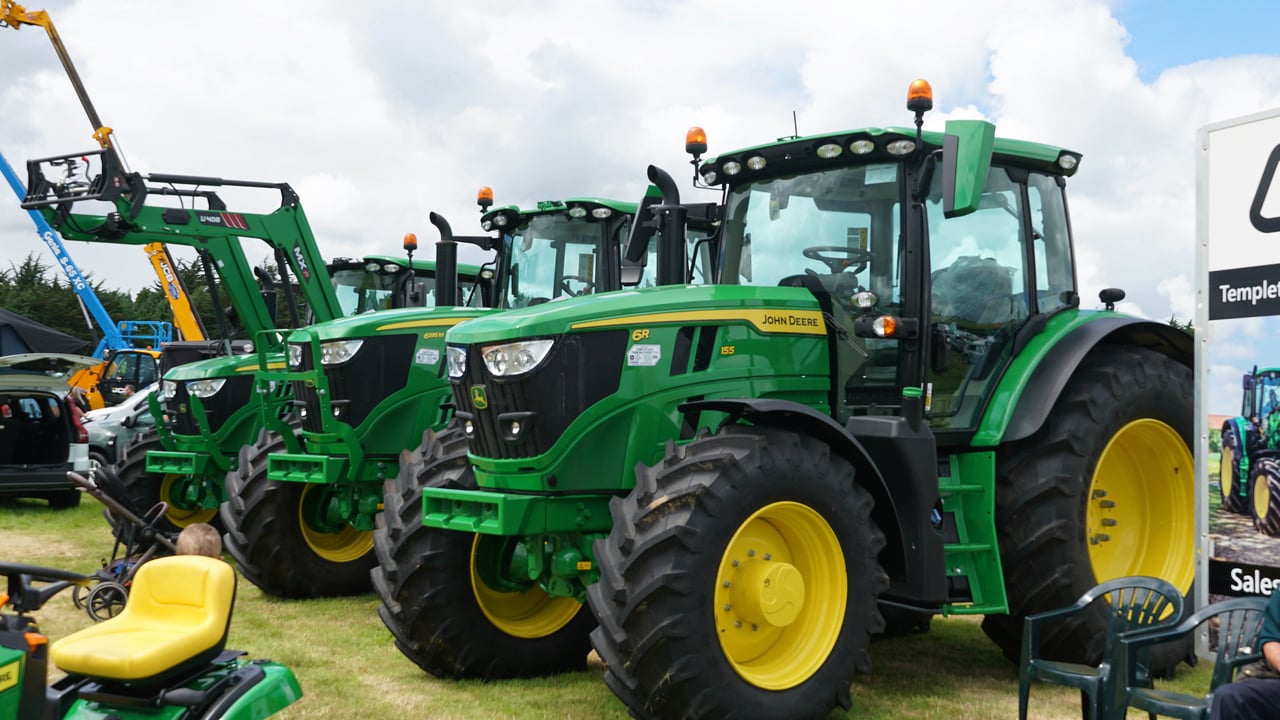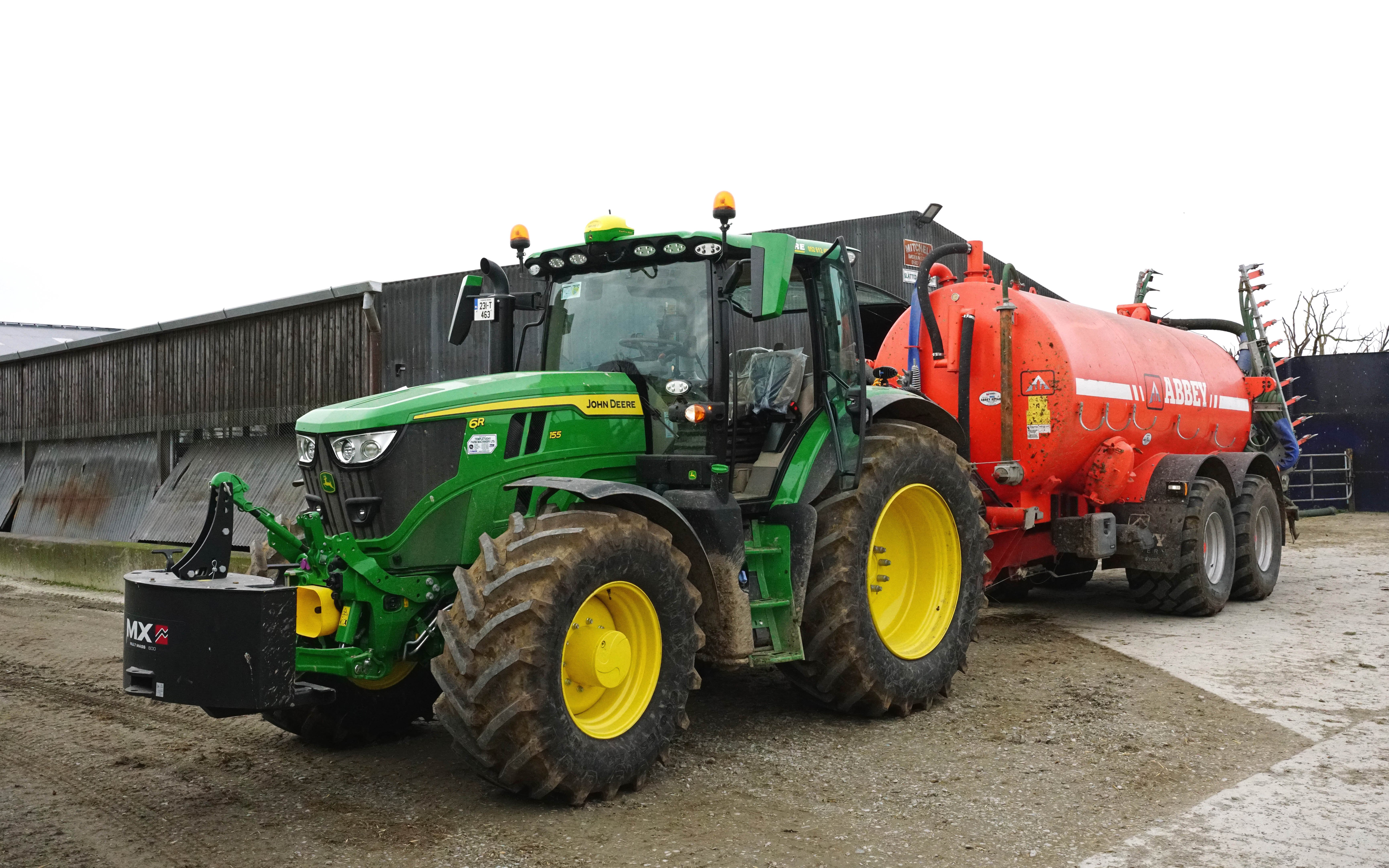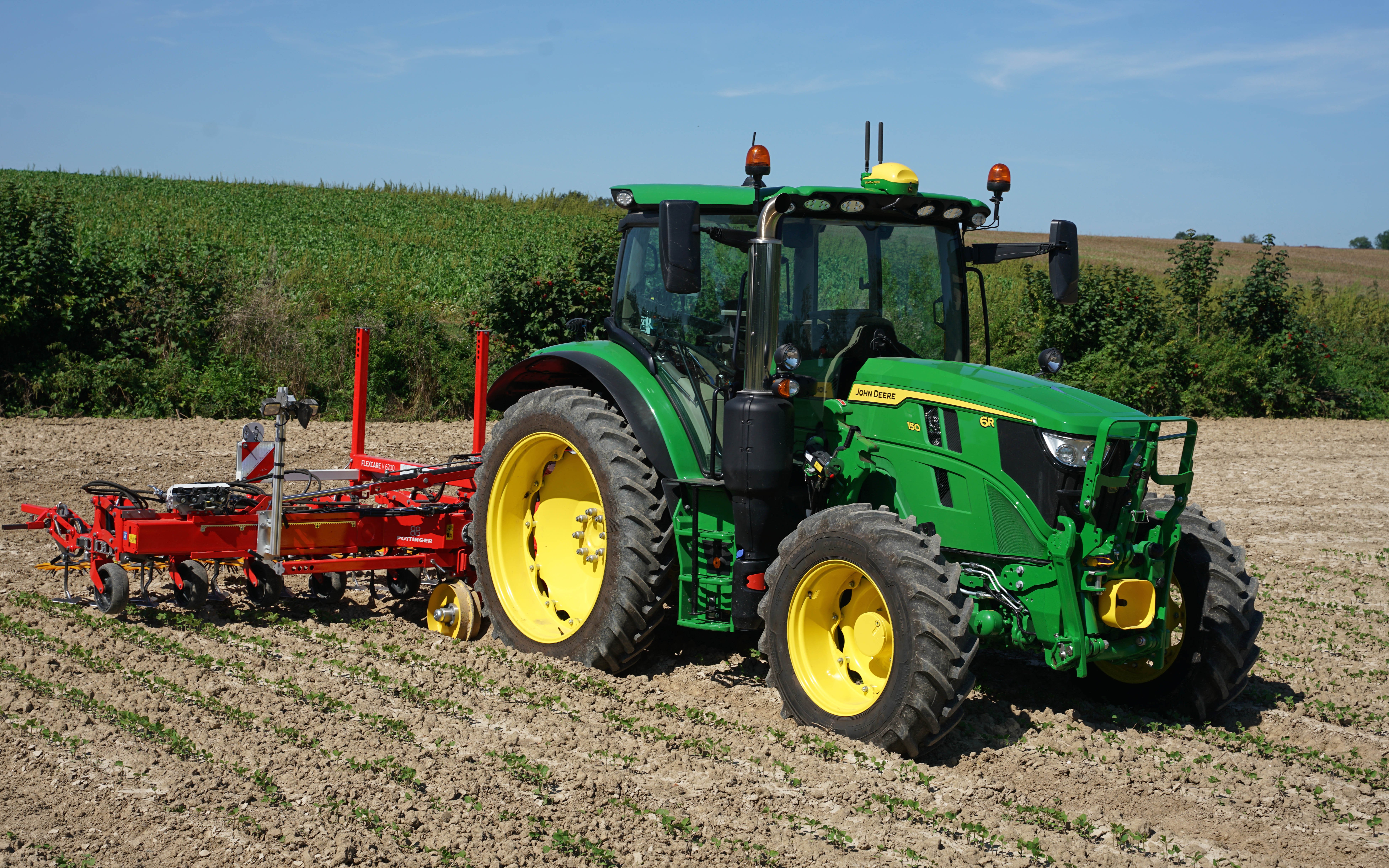John Deere sees further redundancies and redeployments
John Deere is once again under fire, as it it admits to laying off more workers at three of its North American factories.
It is reported that over 300 employees at Dubuque and Davenport, as well as 280 from a factory in East Moline, Illinois, will be losing their jobs at the end of this month.
These cuts come as the company also announces plans to increase its overall production capacity by building a new facility in northern Mexico in Ramos, a town which is a four hour drive from the border with Texas.
Once the factory is complete, it will produce compact and mid-frame skid steer loaders, while manufacture of the larger skid steer loaders and other construction products will remain at Dubuque.
The reality of these moves is a far cry from the headlines, screaming that John Deere is fleeing North America and taking all the production jobs with it.
Unfortunately, there are indeed layoffs which reflect a dip in sales, and such measures are not confined to this company alone.
Yet, it too is being portrayed as a terminal event, from which there will be no recovery and ignores the fact that the company payroll increased from 75,000 to 83,000 from 2021 to 2023 as sales boomed.
Sales have since stopped booming and Deere, being a very business-like corporation, has cut back on the number of people it employs.
However, it still provides work for more people than it did three years ago.
For those that have been laid off, this is no great condolence, although sources from within the trade have suggested that many were hired in as short-term or temporary staff members, rather than being full-time permanent salaried staff.
There are two issues with this arrangement. The first is that a full-time permanent job allows an individual to enjoy a greater level of security and lifestyle.
It enables them to take a mortgage for instance, whereas a temporary contract does not.
Secondly, in many cases, assembly work has moved on from simple nuts and bolts and will now often require the ability to put together complex sub assemblies requiring skills that need teaching.
It is to a company's benefit that these skills are kept on board.
There is a balance to be struck between retaining the capability to build machines, while maintaining a contented workforce, and the forces of the market place restricting total income.
Robots were once hailed as being the answer, being a replacement for human labour, and they are good at doing repetitive tasks, repeating the same movements endlessly.
Where they fall down is when the jobs are non-repetitive, or there are a large number of variables.
Artificial intelligence (AI) much touted as being a replacement for much of human thought and ideal for pairing with robots to increase their flexibility, is falling flat on its face as the limitations of the Large Language Models (LLM) that lie at their heart are appreciated.
Human labour is therefore still going to be needed for many years yet, and the challenge for large companies is, as always, managing it - a task that will need to take into account the dramatic change that John Deere has lined up for its future.
The direction of this shift is best encapsulated in the latest quarterly financial report from the company where chief financial officer, Josh Jepson, explained that:
"One other thing to highlight beyond the current environment, and where we see the long-term strategy leading us, is related to technology and how we engage with our customers.
"We're starting to think about market share, not only as the number of units sold but as the number of acres covered by Deere products and technologies as a percentage of total acres farmed."
By this, he is underlining the company's commitment to moving on from being just a metal bashing business to offering a complete farming management and operations service, which just happens to utilise Deere tractors.
Naturally, they will still require the tractors to be made, but the emphasis in staff recruitment will be swayed towards those with digital skills and the total number of folk on the shop floor will become redundant as a bellwether for the health of the machinery business as a whole.







